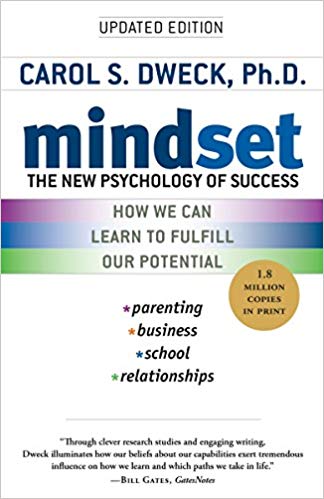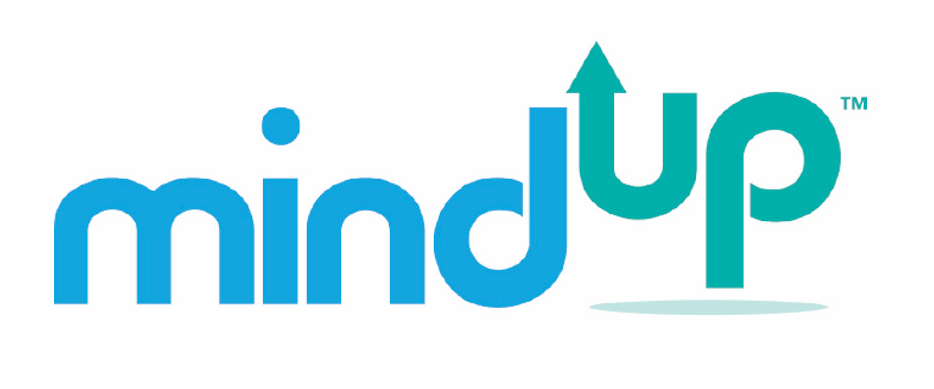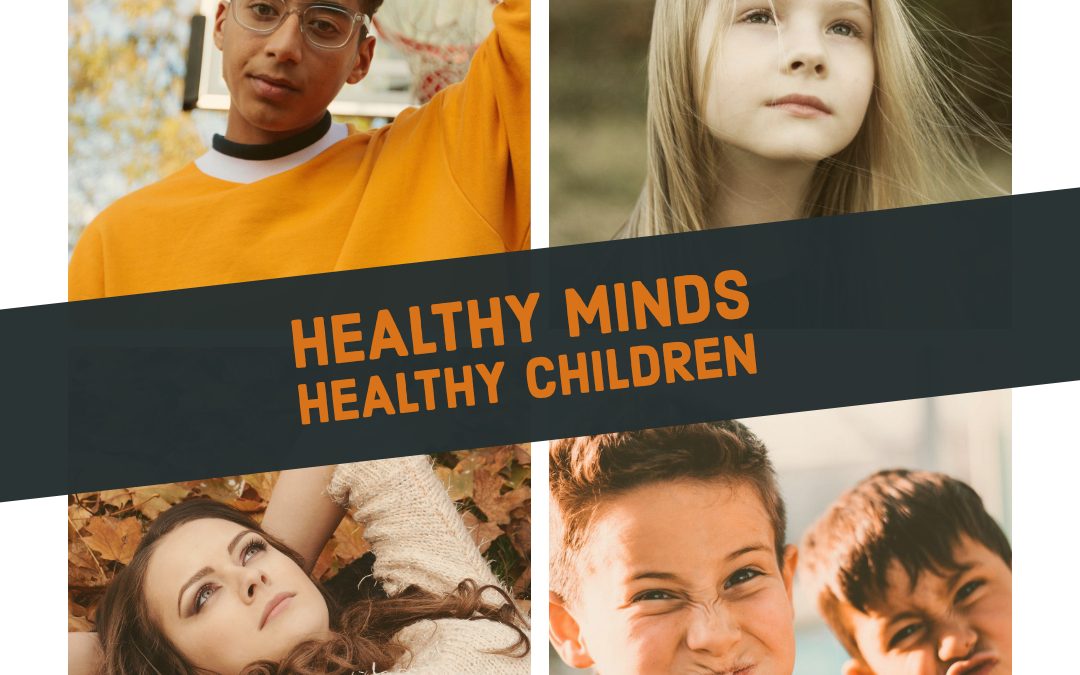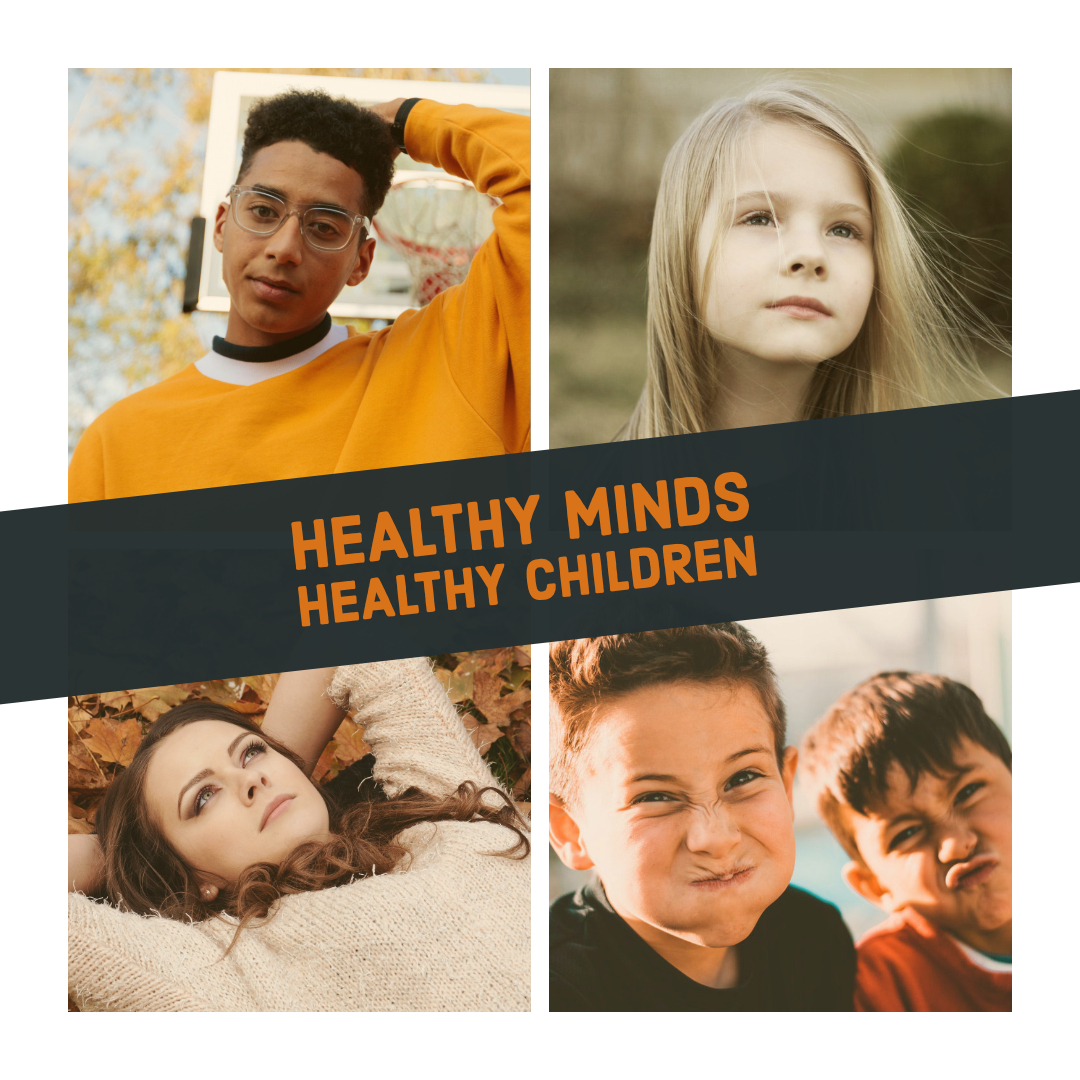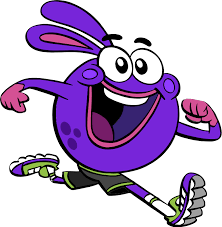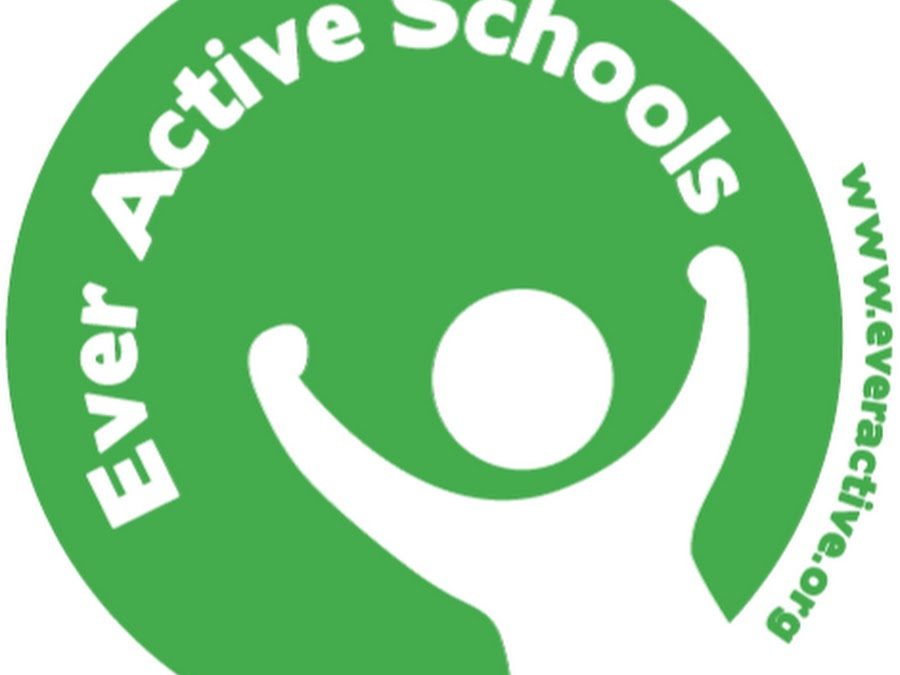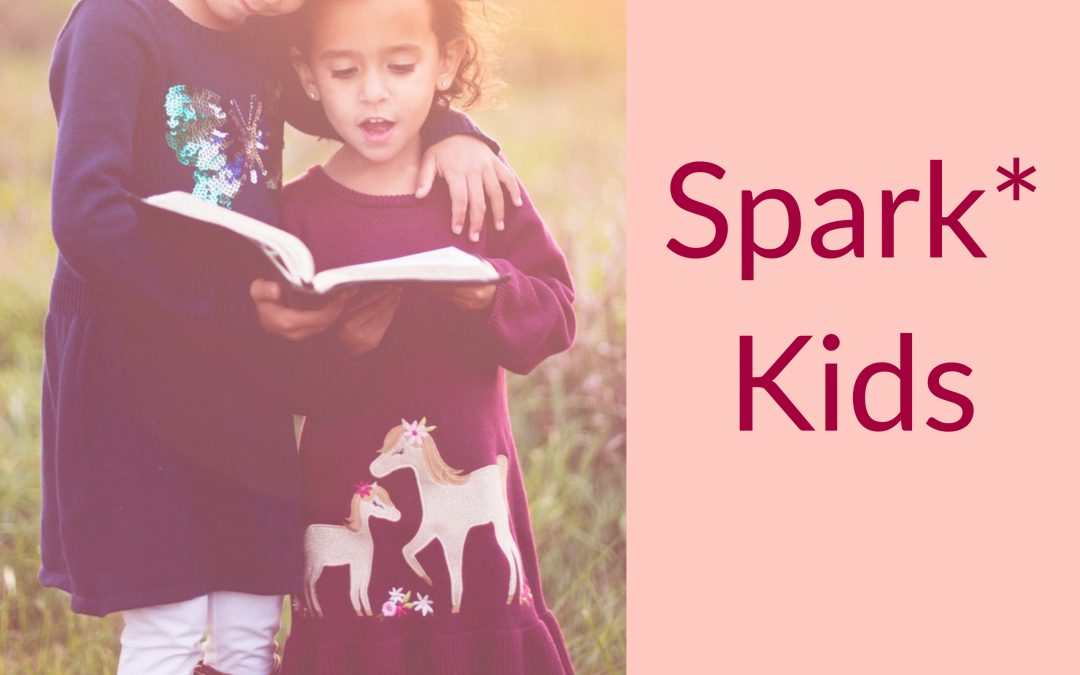
spark*: Self Regulation Program of Awareness and Resilience of Kids
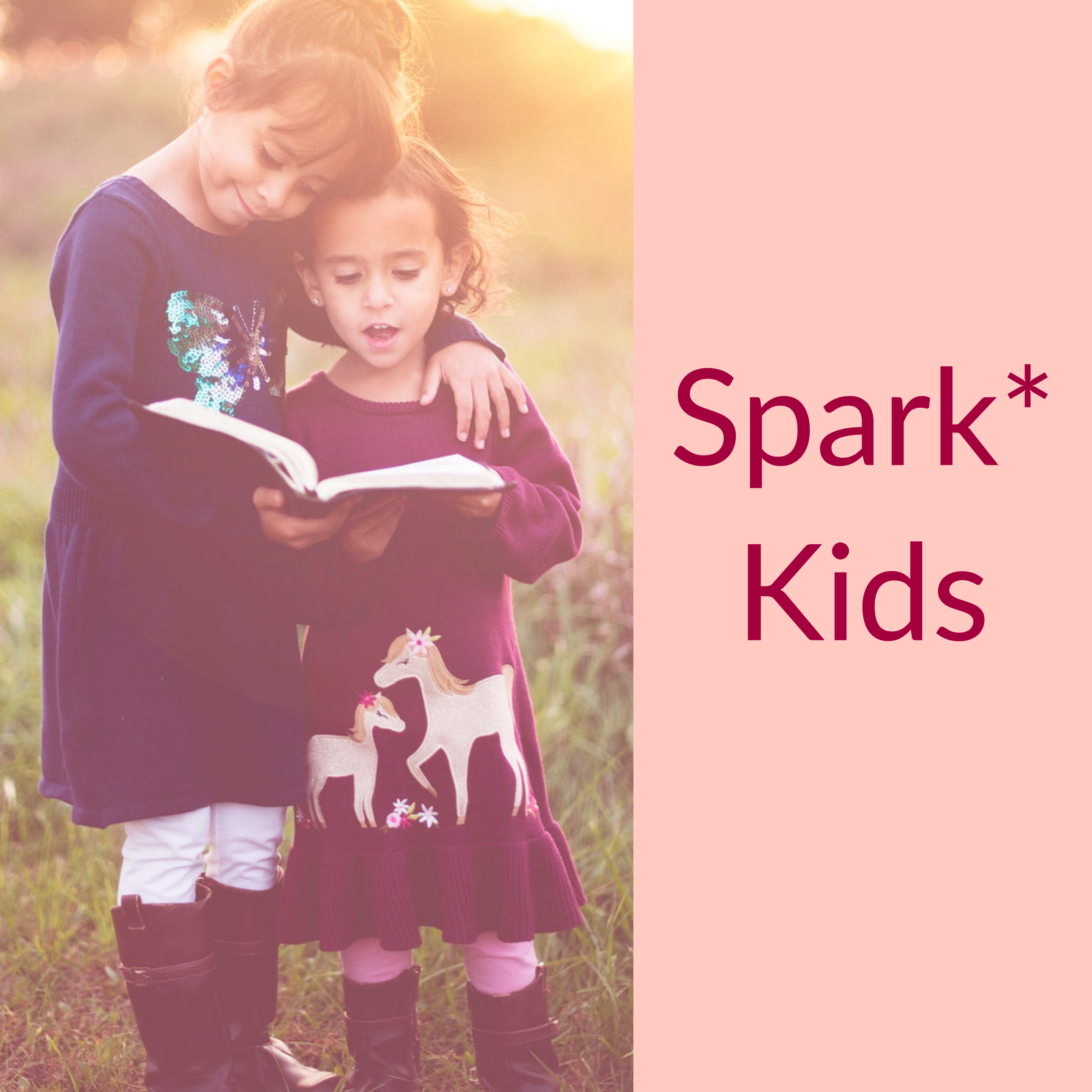
spark* is an innovative, evidence-based program that teaches children how to manage and regulate their behavior, thinking and emotions more effectively.
spark* is appropriate for any child, two to 10 years of age, where self-regulation is a concern; for example, children with autism spectrum disorders, fetal alcohol spectrum disorder, Fragile X and attention deficit.
This book contains 44 step-by-step lessons that can be implemented by teachers, therapists, assistants and parents.
Based on well-researched theory and extensive clinical experience, the groundbreaking spark* program helps children learn how and when to control their bodies, thinking and reactions to things that happen around them. They also learn when and where they can ‘let loose’ and not worry about self-regulation..
